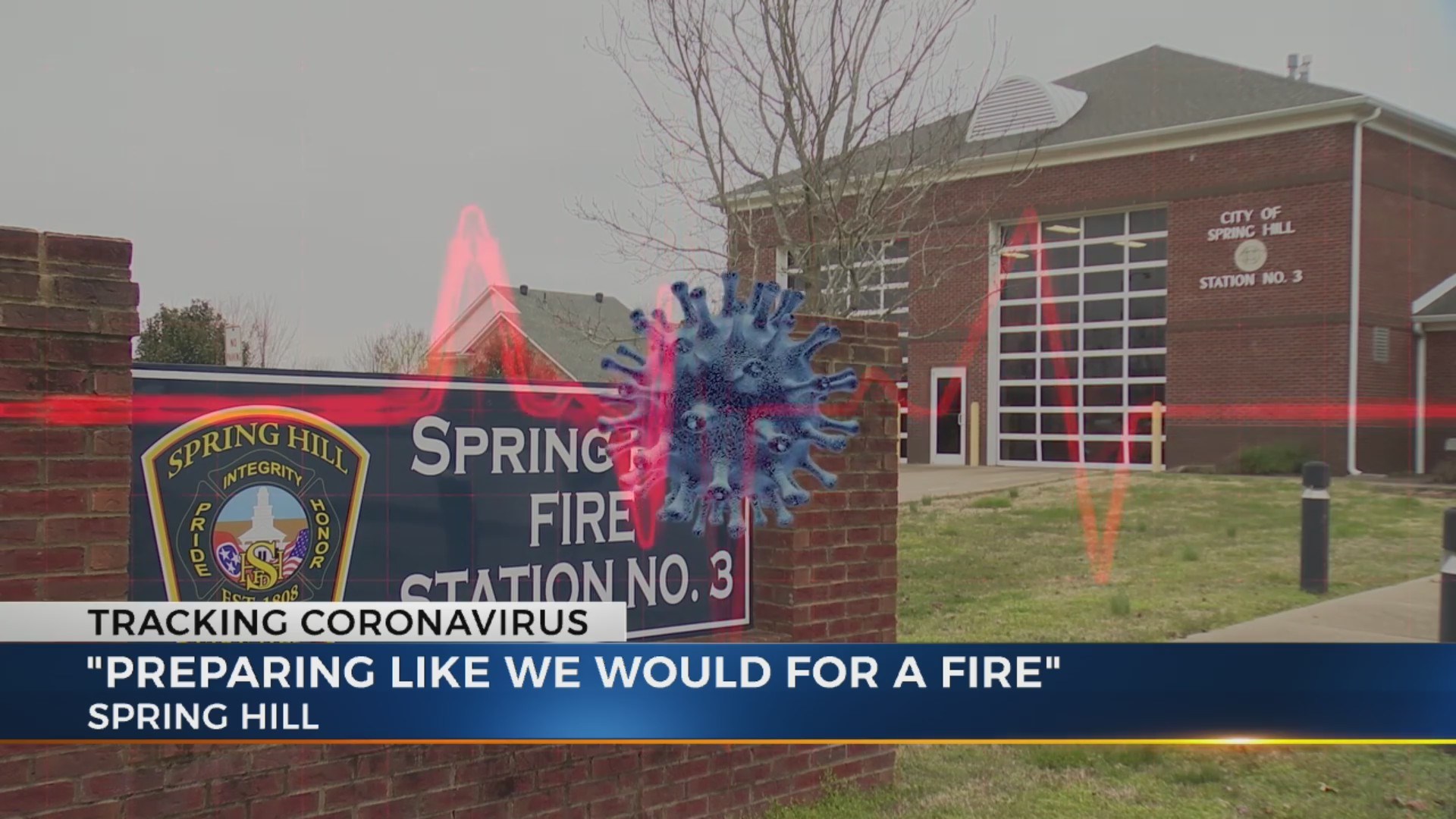
Rich countries’ governments are putting all their trust in a marriage of markets and philanthropy called Gavi
Vaccines for Covid-19 are coming. Billions of dollars are flowing in, over 100 efforts are under way, and at least 13 leading candidates are already being tested on humans. But how will these vaccines reach the poorest people on the planet? This question haunts the fate of more than half the world’s population. It is the central question of our time. The failure to address this question in the past has resulted in millions of unnecessary deaths – and yet, some believe there is a simple answer. Ask pharmaceutical corporations about how they will ensure access to Covid-19 vaccines, and they say “Gavi”. Ask the wealthiest governments in the world what they are doing to ensure global equity, and they too say “Gavi”.
Gavi, the Vaccines Alliance, is a 20-year old public-private partnership that believes the marriage of markets and philanthropy will bring vaccines to everyone in the world. The numbers are impressive: every year, Gavi sends out 500 million vaccine doses against 17 different diseases. The sums of money pumped into Gavi are equally impressive. At the Global Vaccine Summit held earlier this month, Gavi raised a record-breaking $8.8bn. With £330m committed annually for the next five years, the British government is their single largest donor, alongside other wealthy countries and the Gates Foundation. At the summit, Gavi launched its newest initiative, a fund for future Covid-19 vaccines – the Covax Facility – which invites countries to invest in a wide portfolio of potential vaccines, pool their risk, and gain dedicated access to eventual products.
Related: UK plans £38m centre to start production of coronavirus vaccine
Related: Covid-19 vaccine may not work for at-risk older people, say scientists
Achal Prabhala is the coordinator of the AccessIBSA project, which campaigns for access to medicines in India, Brazil and South Africa. Kate Elder is the senior vaccines policy adviser at the Médecins Sans Frontières Access Campaign